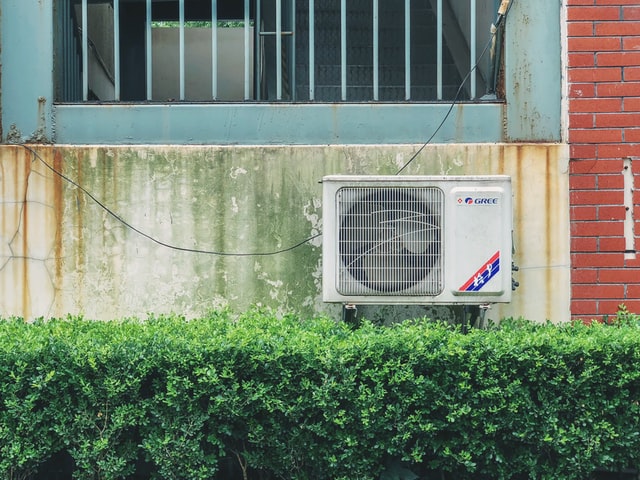
Most air conditioning systems tend to emit a low-sounding hum, even for modern models built for minimal noise. For this reason, many people aren’t usually bothered by the noise their AC system makes.
Over time, AC systems generally degrade in performance, whether due to overuse or system malfunctions. Besides providing poor quality cooling, your AC system can also emit odd noises that significantly differ from its normal operating sounds. Some signs of damage are easier to identify if you can match them with a specific sound.
How Do Professional Technicians Diagnose an AC System?
AC systems can develop different forms of damage over the years. Generally, an AC system breaks down due to the overuse of broken components. This can occur due to your AC system’s software or hardware damage, but software complications aren’t as tricky to handle. Hardware damage can happen to the interior or exterior parts, causing difficulties with the evaporator coil, condenser coil, or expansion valve. Any damage to these parts can lead to severe performance issues, ranging from low refrigerants to leaking ducts.
Professional AC technicians can determine what damage your AC system has by simply listening to the sound it makes. This is because sound can hint at the complications your AC system has. Besides waiting for severe damage to occur, any odd noises will alert an AC technician of the potential problems your AC system has.
What Does a Pulsating Noise Mean for My AC System?
It’s important to identify if your AC system is emitting odd noises both indoors and outdoors. Pulsating noises generally come from your AC system’s outdoor compressor. Although pulsing is a normal noise it emits, you may have an issue if it’s loud enough to be heard from outdoors. This signifies a loose fan blade or coil fan inside your AC system’s motor. This means that you’ll generally need a replacement to prevent any further damage to your AC system.
How Should I Repair My AC System?
Some troubleshooting issues with software concerns are easier to handle. However, attempting to repair an AC system yourself isn’t advisable if it’s a hardware issue. Since you don’t have the proper training to fix its complex parts, you could do more damage instead of fixing the root cause. Additionally, your stop-gap solution could gradually deteriorate over time. This can compromise your AC system much sooner, making it inoperable or unusable.
Since a pulsating sound isn’t loud enough to be heard indoors, you need to check your AC system’s outdoor components regularly. Instead of waiting for the noise to become louder, you can also look for excessive vibrations as a symptom of damage. Although pulsating noises due to loose fan blades or coil fans aren’t severe forms of damage, you’ll still need to contact a professional HVAC company.
Conclusion
Identifying your AC system’s damage is just the first step in getting the proper solution for its needs. This will convince you if it’s better to get repairs or opt for a replacement. Although AC systems can function well for 15 to 20 years before breaking down, it may be better to swap your older unit for a more modern one. Recent releases of AC systems can offer energy-saving features that use less electricity with greater power output. If you think you’re ready to let your old AC system go, you must consult with a professional AC technician for their professional opinion.
After detecting your AC system’s problems, you need to secure help from professional technicians to prevent any further damage. At Mainline Heating & Air, we provide stellar customer service for all your heating and cooling concerns. If you need immediate AC repair in Alabaster, AL, contact us today.

